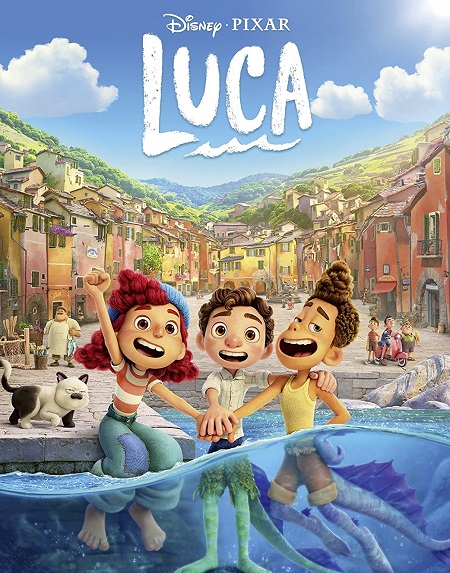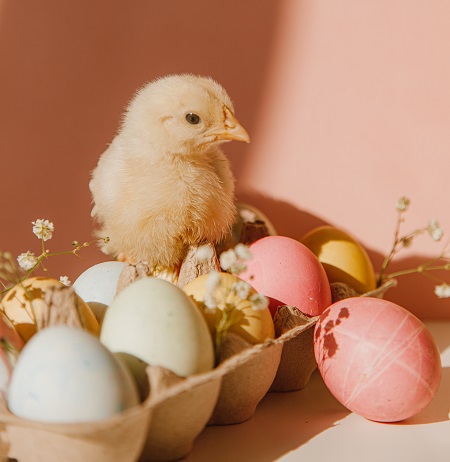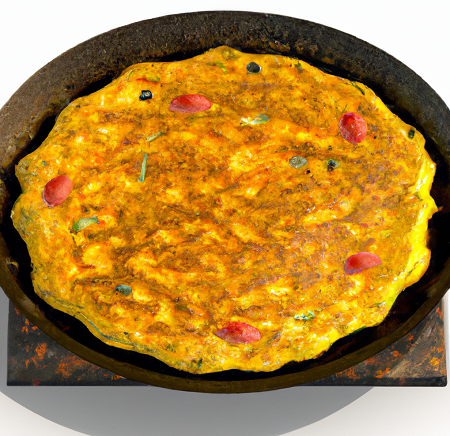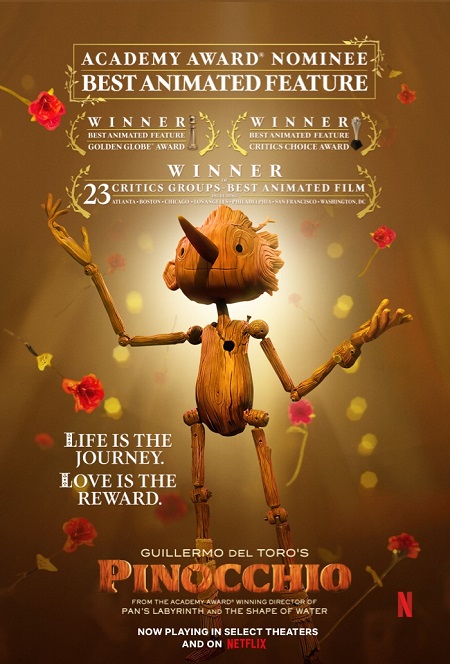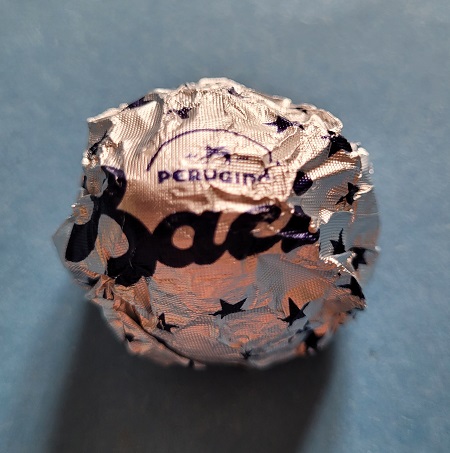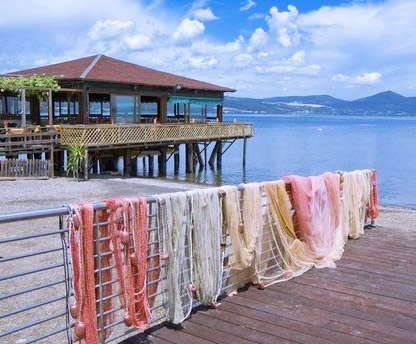
In Italia ci sono molti posti al di fuori dei grandi circuiti turistici che sono dei veri gioiellini.
Con semplici e brevi descrizioni, l’autore del seguente testo ti porta a fare un piccolo viaggio. Leggi il testo seguente e completa il test di comprensione.
Ti piacerebbe visitare il lago di Bracciano?
In Italy there are many off-the-beaten-track destinations that are real gems.
With short and simple “descriptions” the writer of the following text brings you on a short journey. Read the following text and complete the comprehension test.
Would you like to visit the Bracciano lake?
To practice Italian this week we invite you to read and test…
PRACTICE HERE: Italian/English Version
Picture source:123rf.com




